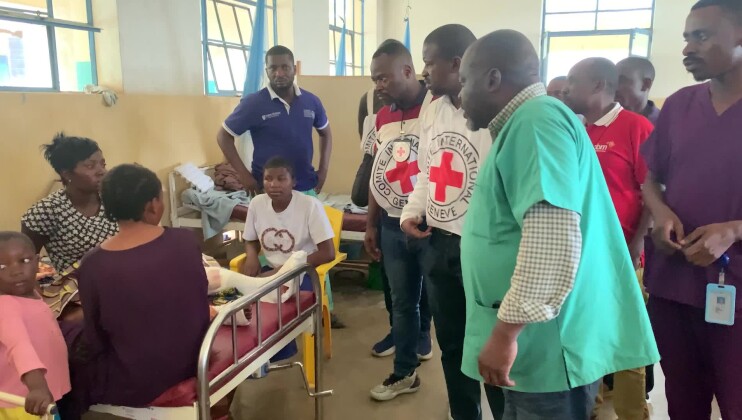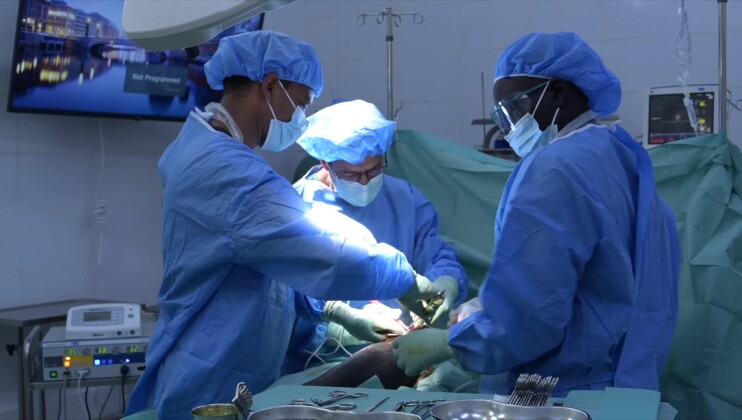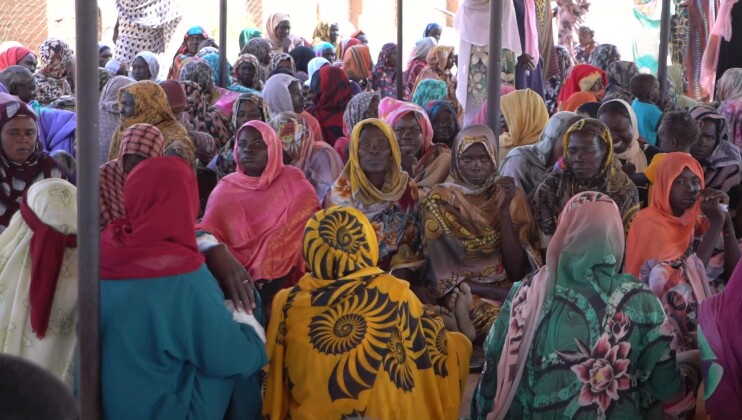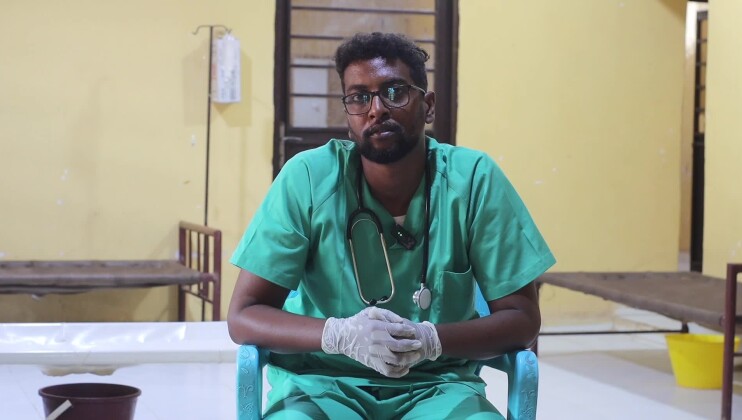Pretoria (ICRC) – The ability of African forensics professionals to help communities affected by disasters, armed conflict or violence to know the fate of their loved ones has improved following the completion of the first African School of Humanitarian Forensic Action led by the International Committee of the Red Cross (ICRC) and Argentine Forensic Anthropology Team (EAAF).
The 13 day training was hosted by the Department of Forensic Medicine and Centre for Human Rights of the University of Pretoria from 15 to 31 August 2016.
"Families continue to search for credible answers to the difficult questions that arise when their loved ones cannot be found following a disaster or conflict. They have a right to know," said ICRC Forensic Coordinator for Africa Stephen Fonseca. "The complex conflicts, mass casualty incidents and migration within Africa are creating a growing need for the scientific and systematic answers that humanitarian forensic action can provide," he said.
"Building the capacity of dedicated African forensics professionals on the latest techniques and approaches will allow more cases to be resolved in each context without resorting to external support," said Luis Fondebrider, Director of the EAAF. "It is a privilege to be able to share our extensive experience from Argentina and other countries to help expand this critical network of professionals throughout Africa," he said.
"Increasing our understanding of the diverse range of circumstances that African forensics professionals face has enriched the learning experience that the Department of Forensic Medicine of the University of Pretoria can offer," said Professor Gert Saayman of the University of Pretoria. "Partnerships such as these with the ICRC and EAAF will continue to assist the University to deliver Africa's leading research and education opportunities in forensic science, forensic pathology and forensic anthropology," he said.
The African School of Humanitarian Forensic Action hosted 12 participants from Burundi, Eritrea, Ghana, Kenya, Mauritius, Nigeria, South Africa, Tanzania and Zimbabwe. This course was made possible with the generous support of the Embassy of the Republic of Argentina in South Africa and the Fondo Argentino de Cooperación Horizontal.
For further information, please contact:
Tendayi Sengwe, ICRC Pretoria: +263772240960, @tendayi_sengwe, tsengwe@icrc.org
Ronel Leyds, Head: Marketing and Communication, Faculty of Health Sciences, University of Pretoria, ronel.leyds@up.ac.za, +27123192470
For free video footage and photos about the ICRC's work in South Africa, please visit: www.icrcvideonewsroom.org




